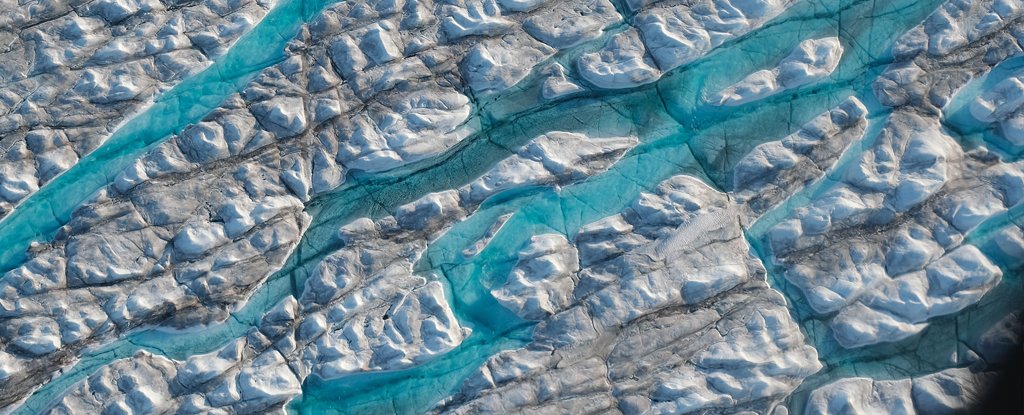
Greenland's gigantic ice sheet saw a record total deficit of 532 billion tons a year ago, raising warnings about quickening ocean level ascent, as per discoveries delivered Thursday.
That is equal to an extra 3 million tons of water gushing into worldwide seas consistently, or six Olympic pools each second.
Disintegrating ice sheets and downpours of dissolve water cutting through Greenland's a few kilometer thick ice square were the single greatest wellspring of worldwide ocean level ascent in 2019, represented 40 percent of the aggregate, or 1.5 millimeters, analysts detailed in the diary Correspondences Earth and Condition.
A year ago's loss of mass was at any rate 15 percent over the past record in 2012, however much all the more disturbing are the drawn out patterns, they said.
"2019 and the four other record-misfortune years have all happened in the most recent decade," lead creator Ingo Sasgen, a glaciologist at the Helmholtze Place for Polar and Marine Exploration in Germany, told AFP.
On the off chance that the entirety of Greenland's ice sheet were to liquefy, it would lift worldwide seas by seven meters (23 feet).
Indeed, even a more humble ascent of several meters would redraw the world's coastlines and render land involved today by a huge number of individuals appalling.
Until 2000, Greenland's ice sheet - covering a zone multiple times the size of France - for the most part gathered as much mass as it shed.
Overflow, at the end of the day, was repaid by new snowfall.
In any case, throughout the most recent two decades back, the social occasion pace of a worldwide temperature alteration has overturned this equalization.
The hole is broadening at the two closures, as indicated by the investigation, which draws from almost 20 years of satellite information.
Changing climate designs - additionally an outcome of environmental change - has brought about less overcast spread, and in this manner less day off. These high weight frameworks have likewise brought about additional, and hotter, bright days, quickening the loss of mass.
Atmosphere framework 'tipping point'
In 2019, the ice sheet lost an aggregate of 1.13 trillion tons, around 45 percent from icy masses sliding into the ocean, and 55 percent from liquefied ice, said Sasgen. It increased around 600 billion tons through precipitation.
An examination in a similar diary a week ago presumed that the Greenland's ice sheet has passed a "tipping point", and is currently destined to crumble, however on what time scale is obscure.
Sasgen says it is too early to know whether we have arrived at a final turning point, however concurs that the ice sheet is probably going to keep losing mass, even in colder years.
"However, that doesn't imply that attempting to restrain warming doesn't make a difference," he included.
"Each decimal degree you spare as far as warming will spare a specific measure of ocean level ascent - both in greatness and speed."
Specialists not engaged with the examination were not astounded by the discoveries, however communicated concern in any case.
"The ice sheet has lost ice each year throughout the previous 20 years," said Twila Moon, an exploration researchers at the College of Colorado.
"On the off chance that everybody's alerts were not previously ringing, they should be presently."
Stuart Cunningham, an oceanographer from the Scottish Relationship for Sea life Science, cautioned about the possible effect on the North Atlantic dissemination, an ebb and flow that keeps northwestern Europe five to ten degrees Celsius hotter that comparative scopes somewhere else on the globe.
"Atmosphere models show this course can be turned off by adding new water toward the North Atlantic," he stated, taking note of this occurred during the finish of the last ice age.
"This tipping point in the atmosphere framework is one of the potential calamities confronting us."
From 1992 to 2018, Greenland lost about four trillion tonnes of mass, causing the mean sea level to rise by 11 millimetres, according to a December 2019 study in Nature.






No comments